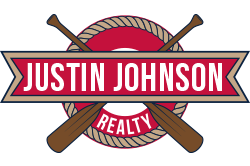How Your Down Payment Impacts Your Mortgage
When it comes to buying a home, your down payment plays a significant role in your mortgage. It can influence everything from your monthly payments to the types of loans you qualify for. Whether you’re putting down 3% or 20%, understanding how your down payment impacts your mortgage helps you make smarter, more confident decisions as a buyer.
At Justin Johnson Realty, we believe that homebuying should be an exciting and not an overwhelming experience. Our team is here to break things down in a way that makes sense, helping you understand what to expect at every step.
How Does a Down Payment Affect Your Mortgage?
Your down payment affects your loan amount, monthly payments, interest paid, interest rate, private mortgage insurance (PMI), equity, and loan-to-value (LTV) Ratio.
Your down payment directly affects how much you borrow, which affects your monthly payments, interest rate, and whether you’ll need to pay private mortgage insurance (PMI). A larger down payment generally reduces your long-term costs, while a smaller one increases accessibility but may come with added expenses.
When you put more money down, you reduce the size of your home equity loan, which often qualifies you for lower interest rates and smaller payments for your monthly mortgage bill. Lenders view larger down payments as lower risk, so they’re more likely to offer better terms. Plus, putting down at least 20% helps you avoid PMI, which is a monthly fee added to your payments that insures your loan amount.
On the other hand, a smaller down payment means borrowing more, which leads to higher monthly payments and a larger amount paid in interest over time. You’ll likely need PMI, adding to your costs. But for buyers with limited savings, low initial payment options like FHA or VA loans can still make homeownership possible.
Benefits of a Larger Down Payment
When you put up a larger downpayment, you get a range of benefits, including:
- Lower Monthly Mortgage Payments: A smaller loan amount means lower principal and interest payments over time.
- Better Interest Rates: Larger down payments typically qualify you for lower rates from lenders.
- No PMI Requirement: With 20 percent money down or more, you usually avoid paying private mortgage insurance.
- More Equity from Day One: You’ll own more of your home upfront, which can help in future refinancing or resale in the housing market.
- Improved Loan Approval Odds: Larger initial payments may make lenders more likely to approve your mortgage.
Advantages of a Smaller Down Payment
On the flip side, having a smaller down payment has its benefits too including:
- Faster Path to Homeownership: Lower savings requirements mean you can become a homeowner sooner, rather than waiting, which can be beneficial if it’s a buyer’s market or there’s a promising area with low prices at the moment.
- More Cash for Other Costs: Allows you to keep more money on hand for repairs, renovations, moving expenses, or emergency savings.
- Access to Low Down Payment Programs: FHA, VA, and USDA loans offer alternatives with as little as 0 to 3.5% money down.
- Flexibility for First-Time Buyers: Smaller initial payments can help reduce the upfront barrier for homebuyers entering the market.
- Potential for Investment Growth: Keeping more cash invested elsewhere may provide higher returns than putting it into home equity.
How Does a Down Payment Affect Different Mortgage Types?
Your down payment doesn’t just influence the size of your mortgage loan. It can also determine which mortgage options are available to you. Different loan types have different requirements and benefits tied to how much you’re able, or willing, to put down, affecting interest rates, insurance, and even eligibility.
Conventional Loans
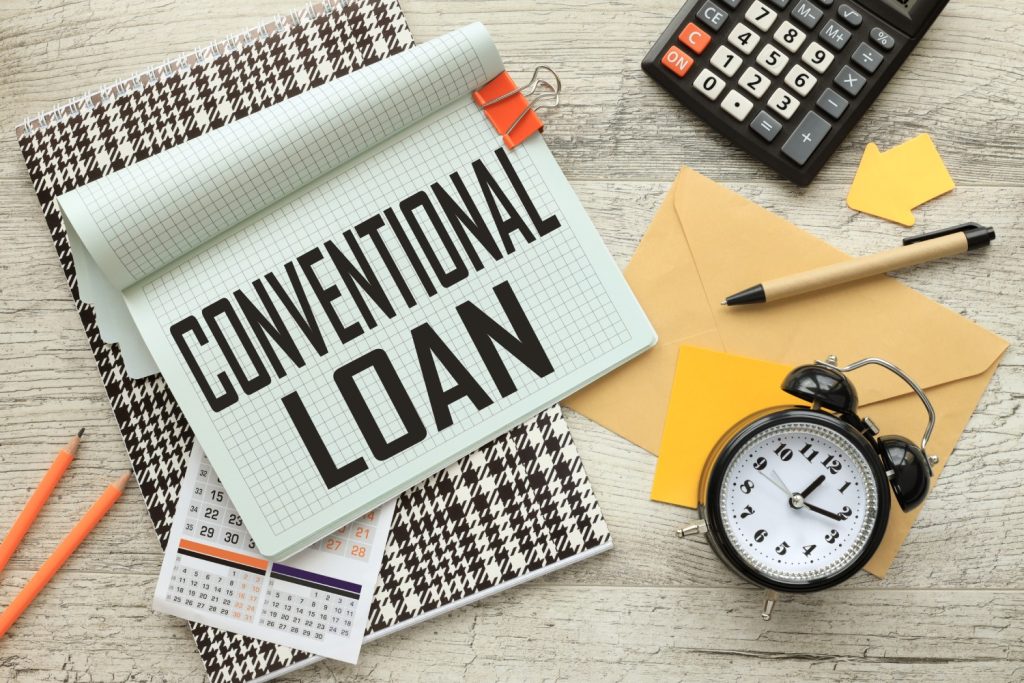
For conventional mortgages (those not backed by the government), down payments can start as low as 3%. However, putting down less than 20% typically means you’ll need to pay private mortgage insurance (PMI). A larger down payment can help you avoid PMI and secure better rates.
FHA Loans
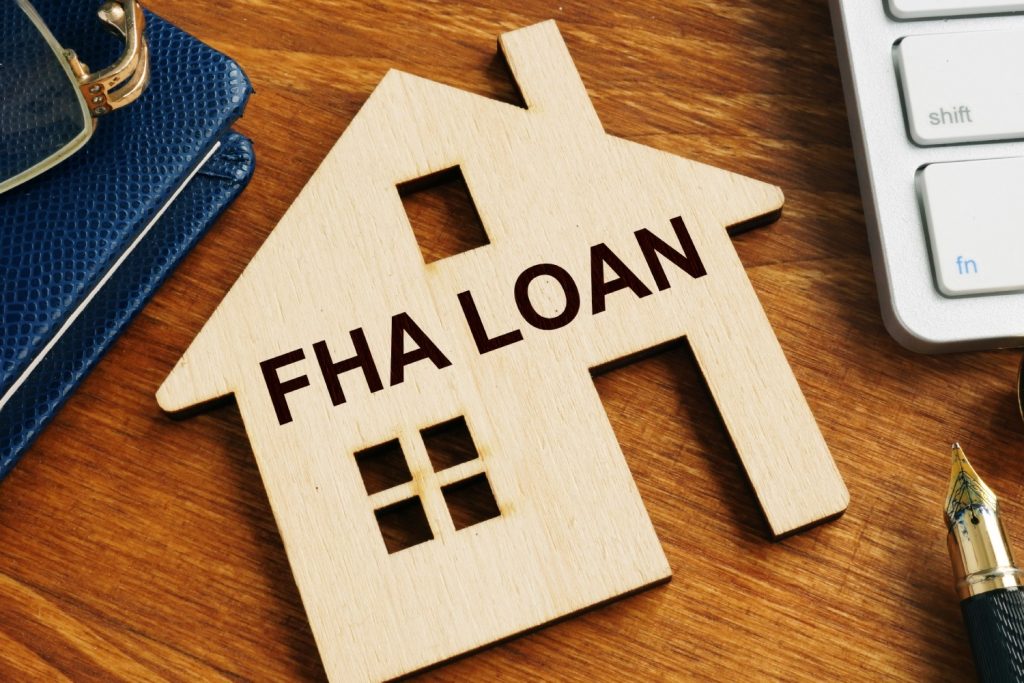
Backed by the Federal Housing Administration, FHA loans are designed for buyers with lower credit scores or smaller savings. These loans allow initial payments as low as 3.5%. While they make homeownership more accessible, they come with mortgage insurance premiums (MIP) that last for the life of the loan unless you refinance into a different loan type.
VA Loans
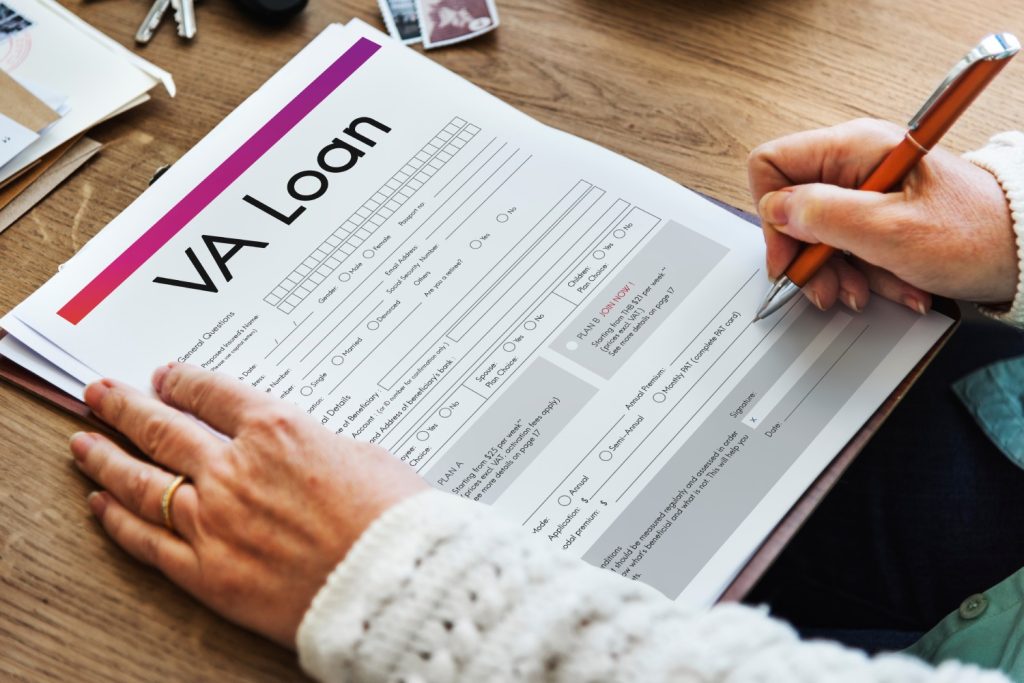
For eligible veterans, active-duty service members, and surviving spouses, VA loans offer 0% down payment options. These loans, backed by the Department of Veterans Affairs, also don’t require mortgage insurance. While a down payment isn’t necessary, putting money down can still reduce your monthly payment and total interest.
USDA Loans
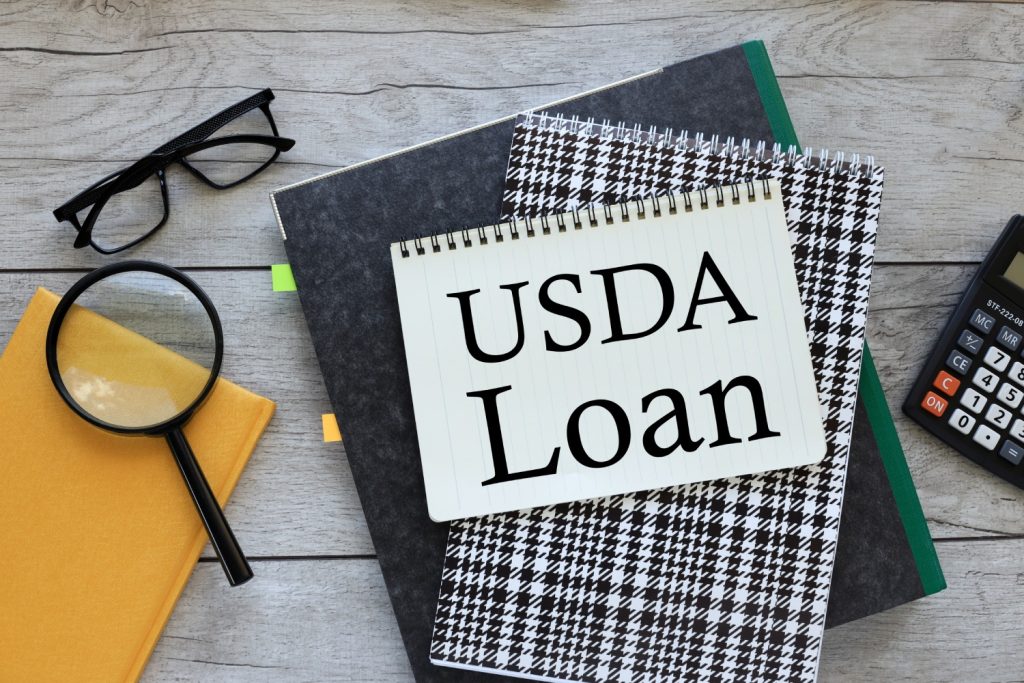
Designed for rural and some suburban homebuyers, USDA loans also allow for 0% down. However, there are restrictions that depend on the borrower’s income and the property search location. While a down payment isn’t required, contributing one can help lower the loan balance and potentially reduce funding fees.
Understanding the different mortgage types available to you can help you choose the right fit for your long-term goals. Weighing the pros and cons of each option about your situation can help you choose a loan that not only fits your budget today but also supports your financial future.
How to Decide on a Down Payment?
Choosing the right down payment depends on your savings, comfort level, and homeownership goals. While 20% is often considered ideal, many buyers use less, especially with programs that support first-time or lower-income buyers. The key is to strike a balance between putting down enough and keeping funds available for closing costs, moving expenses, and unforeseen emergencies.
Once you have a number in mind, a mortgage lender can help you understand how different down payment amounts affect your monthly payments, loan options, and insurance needs. From there, our team at Justin Johnson Realty can guide you toward homes that align with your financial plan. We’ll walk you through the process with clarity, so you can move forward with confidence.
Start Smart and Buy With Confidence with Justin Johnson Realty.
Ready to close the doors on your properties search? At Justin Johnson Realty, our team is here to guide you from your first showing to closing day. We’ll help you stay on budget, feel confident in your choices, and find the right home for your lifestyle. Reach out to us today to get started.
